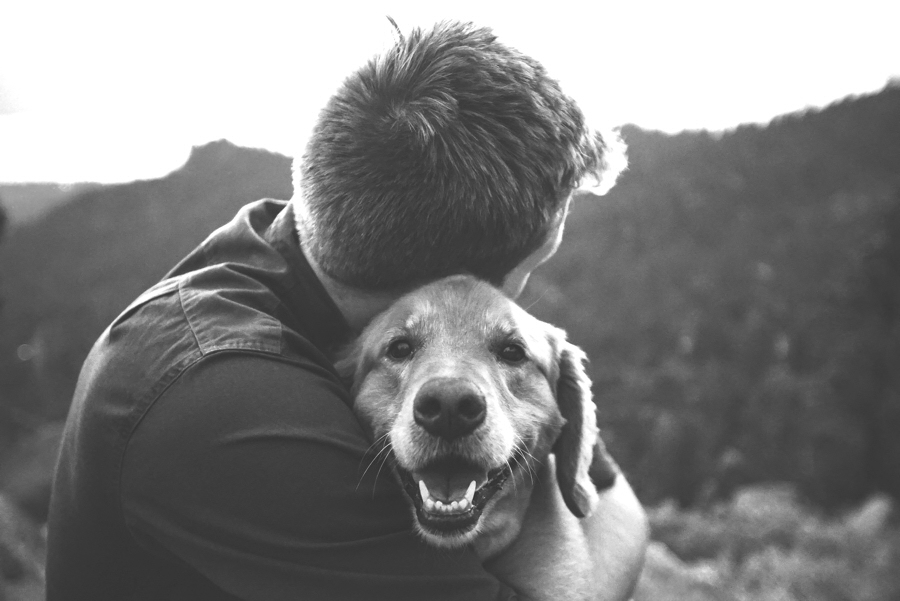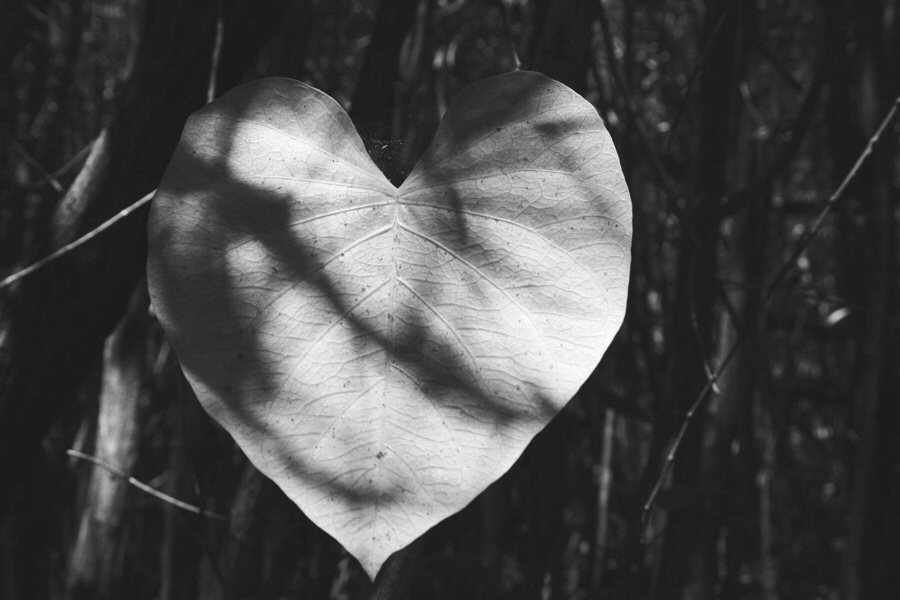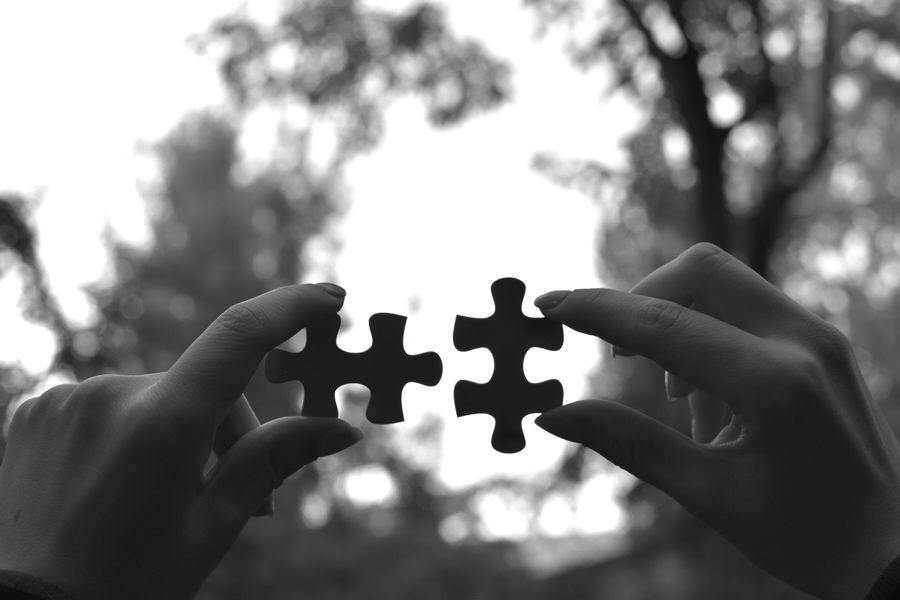LOVE
May 1, 2022What does love look/feel/sound like to you?
Jason
CLF Member, incarcerated in IL
That has always been a difficult question for me. As a kid, when I was being abused, I was told it was for my own good and because my dad loved me. My mother told me she loved me, then ran away to the other side of the country. As a teenager, my stepmother said that she loved me, then cut all contact with me for fear my father would find her after he got out of prison.
The only person who has told me that loved me and not abandoned or abused me is my aunt. Through all of the institutions and all of the trials and pain I have had to deal with, my aunt has supported me. Though she didn’t and doesn’t condone the behaviors that got me institutionalized, she has stood behind me. That, to me, is love.
I have never had a girlfriend and never had a date, so I don’t know what that kind of love is like. I have experienced the love of a pet. I had a dog as a child named Alfred. He made the nightmare of my childhood a little less dark. He could always make me smile and even make me laugh when all I wanted to do was cry.
Once I began to walk the pagan path and began to understand who and what I truly am, I have felt a serene love when communing with nature, and an unconditional love from my brethren in the pagan services here.
Now, as for loving myself: that has also been a difficult road. As a child, I was made to believe that I was nothing, that I was worth nothing, that I would never amount to anything. It has been very difficult for me to overcome that. It has taken years, a number of people helping me, and a lot of self-reflection and growth for me to get to where I can love myself and accept myself. As it has been said over and over, the journey of a thousand miles begins with a single step.
So love to me is supporting someone when they need it most, even if you don’t like what they did. It is making someone feel better, making them smile or laugh when they are hurting. Love is accepting someone for who they are, without judgment or reservations. Love is casting away negative external and internal perceptions and truly figuring out who you are and accepting that person.
What is Love?
Ryan
CLF Member, incarcerated in FL
L-O-V-E. Probably one of the most misunderstood words in the English language. Mostly due to the fact we only have one word for it. The Greeks however have multiple words to describe different types of love. Here are four of them:
Eros, the easiest, is physical love. This is where we get words like erotic. It’s the love of how things look/feel/smell/taste or any other physical property. This might be an initial feeling towards someone we’re attracted to.
Philia is brotherly love. Think of philanthropy, coming together to raise money for a cause. This describes the love towards friends, co-workers and even humanity as a whole.
Storge is familial love. Not a common root word in the English language, but this is the love one typically feels towards parents, children, siblings or cousins.
The most powerful form of love is agape, or unconditional love that continues despite and perhaps even due to our flaws.
This is sometimes the hardest to achieve because as humans we put conditions on so much, usually unconsciously. This is what we as UUs strive for, especially in our acceptance of the LGBTQ+ and incarcerated members. This is the love to strive for.
What about your love?
Donald
CLF member, incarcerated in CO
Love is a simple yet complex emotion for us to truly describe. However, we seem to know it when we feel it. Problems arise when we grasp at, try to control or desire love. Problems also happen when we reject or do not reciprocate love.
Love is at its best when we just allow it to be, and in turn, when we just “be” in it. Love exists outside of us, sometimes with, sometimes without us. We are not necessary for love, but love is a necessity for us.
Robert
CLF Member, incarcerated in MA
To put into words that which transcends words is something the greatest poets all throughout time have tried to do (with varying success). Since I consider myself to be a bit of an amateur poet and writer, this is something that I have thought on many times.
An over-simplification is that love is just a basic chemical reaction, impulses that are instinctive. Perhaps you can say that of lust, but not love, for love is not a physical reaction, but a social construct, a characteristic of thinking beyond the self.
When I think on love, an old Greek story comes to mind. There was a creature that walked the Earth that was so powerful, it could overthrow the Gods themselves. It had four arms, four legs, and two heads. Zeus, being fearful of what these creatures could do, rendered them in half; to this day, these now split creatures look for their other half, so that they may once again be as one.
What this story is talking about is humans and the concept of soulmates. I always liked the idea that when you are with your soulmate, that the love you have, is the greatest power in all the world.
Another way of looking at it is a puzzle, composed of two pieces. On their own, you have a slight understanding of the image. Maybe two pieces that are not truly matching can be put together, but the story told is disjointed, and doesn’t make much sense. But when they match up, a story for the ages is told.
Nearly 20 years ago, I found that one, the missing piece, my missing half. With her, I felt at peace. The best way I can describe that feeling is with a smile. It’s a special smile, one that only came across my face when I looked at her. It drove her crazy, because one could consider it a “I have a secret” smile.
In a way, I did, and I’ll let you in on it. Now come close, for not everyone can handle this, so they shouldn’t hear it: my love for my wife is the power that makes the Gods themselves tremble. Forever & Always.
Tags: love, quest-magazine-2022-05Quest Monthly Print Edition
Recent Issues
Latest Spiritual Reflection Posts
Weekly Newsletter
About
Quest for Meaning is a program of the Church of the Larger Fellowship (CLF).
As a Unitarian Universalist congregation with no geographical boundary, the CLF creates global spiritual community, rooted in profound love, which cultivates wonder, imagination, and the courage to act.
Contact
Church of the Larger Fellowship Unitarian Universalist (CLFUU)
24 Farnsworth Street
Boston MA 02210



